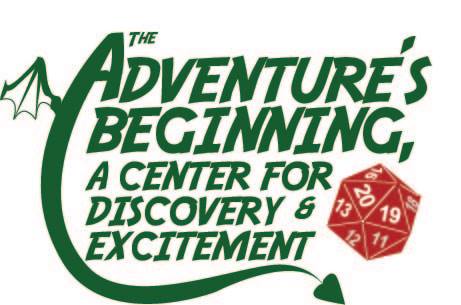What “Inclusive” Means in Practice
Our school is labeled as an inclusive school, and that’s something that we feel passionate about. What, exactly, does that mean that we’re teaching your children?
It means that when a child tells us their gender, we believe them. It means that we make an effort to respect the cultures in which these people in our care live. It means that we do our best to represent those differences in the classroom.
When we talk about gender in our classroom, we do our best to not enforce the gender binary. We don’t believe that the world is composed solely of men and women and there’s nothing in between. (Science has disproved that theory.) It has only been recently decided that pink is for girls and blue is for boys. Given this, when conversations about colors, behaviors, jobs, or characteristics belonging to a specific gender arise, we’ll point out that the world is a vast and exciting place; that different people like different things, and that if everyone liked the same thing the world would be boring.
When you enroll, you’ll receive a questionnaire about your family. I promise that this is not about being nosy; this is a quick bridge to open a conversation about how your family is structured. Does your child live with one or more parents? Do they have any siblings? Do they have extended family that they live with?
These are all things that any preschool teacher will know at the end of the year, but we find it helpful to know these things at the beginning of the year, as well. We want to support and normalize your family structure within the classroom. We want to have pictures on the walls with which your child identifies.
I know too many families that feel they must come out of the closet (for lack of a more accessible metaphor) about their family in one way or another. We will not judge you for being who you are, so long as your child is safe and loved our expectations are met.
When we talk about culture, it means a million different small things. We believe these differences are worth celebrating.
For example, we won’t have a group discussion where we tell children that Santa goes to every house and leaves presents. We may discuss how Santa comes to some peoples’ houses, but there are so many traditions to talk about. My nieces get visited by the Elves in December. My friend’s daughter celebrates the winter holidays with both a menorah and an Ankh. My son might be visited by the Yule Lads (his father and I haven’t decided yet).
The point is that whatever your family does, however you celebrate it, we want to include it so that your child doesn’t come home disappointed that their family “is weird”. It means a little more discussion up front, and more work on the part of our teachers, but it is repaid exponentially when your child comes home feeling confident about their place in the world.
We want to ensure that your child leaves us with a sense of pride in who they are, secure in the knowledge that people see who they are, know them, and cherish them.
Related
- Posted by
 The Adventure's Beginning
The Adventure's Beginning - Posted in Uncategorized
 Aug, 12, 2016
Aug, 12, 2016 No Comments.
No Comments.

 For More Information Call:
For More Information Call: Join Us On Facebook
Join Us On Facebook